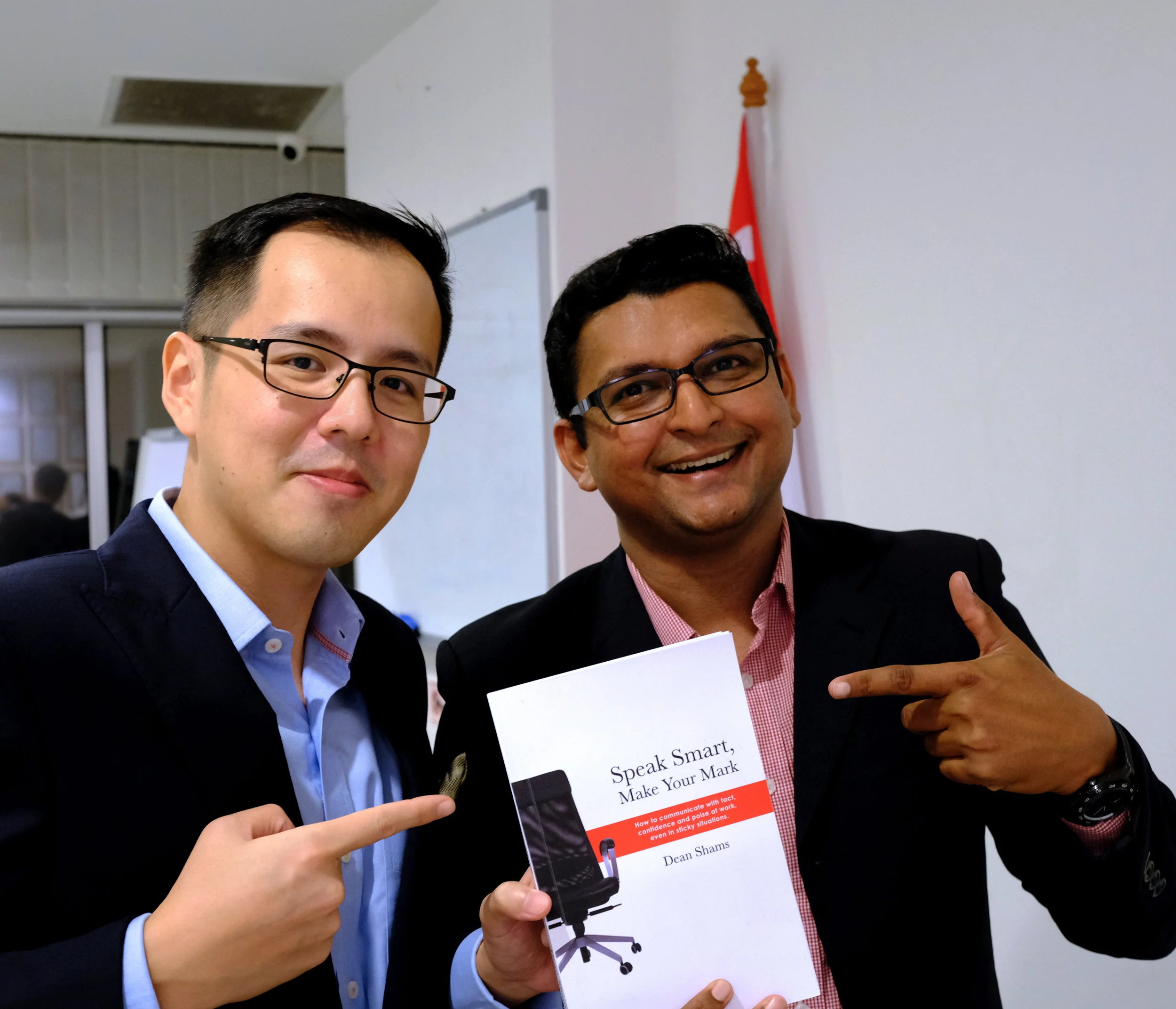Am I a Gen X or am I a Millennial?
According to Wikipedia,
There are no precise dates for when this cohort (referring to Millennials) starts or ends; demographers and researchers typically use the early 1980s as starting birth years and the mid-1990s to early 2000s as ending birth years.
Being born in the early 1980s, by this definition, I could be considered an early Millennial. At the same time, I may be a late Gen X instead. Again, according to Wikipedia,
There are no precise dates for when Generation X starts or ends; demographers and researchers typically use starting birth years ranging from the early-to-mid 1960s and ending birth years ranging from the late 1970s to early 1980s.
Of course, the truth is that neither group is truly defined by their age. It has always been more of a set of characteristics and behaviours.
That said, there is likely no such person who embodies every single trait (and stereotype) of either group. Humans being humans, we are mixed bags.
I wondered about this when I noticed my reluctance to adopt now-popular social media platforms when they first started out. I knew of Facebook, Instagram, Twitter and the like almost as soon as they became available to the general public but I was never among the first to use them.
Perhaps this has nothing to do with whether I am Gen X or a Millennial and more of me being a bit of a laggard (as opposed to the early adopters).
Even today, I am apprehensive of hiring transportation from private cars, much preferring to get to my destinations by regular taxis (even if I have to book them).
At the same time, I am no slouch when it comes to technology. I have been customising, upgrading and/or fixing up my own computers since I was a teenager, I trawl the Internet for information on maximising my use of computer programs or fixing technological issues that I face (usually very successfully), and I insist on being able to customise my own technological devices - a core reason for my refusal to use a particular brand associated with the fruiting body of the Malus genus.
I recognise some stereotypical Millennial behaviours in myself, such as:
1) Researching product information on the Internet before making a purchase
2) Insisting on finding meaningful work
3) Disliking other people taking up unnecessary amounts of my time
Yet, I hardly exhibit other stereotypical Millennial behaviours, such as:
a) Viewing social media 'influencers' with large followings as celebrities
b) Embracing the Sharing Economy
c) Desiring a workplace that is social and 'fun'
It got me thinking: Aren't behaviour molded by cultures? Since the Millennials are the ones growing up with all this technology around them, is it any wonder that the behaviours forged by technology are picked up most quickly by those who are most deeply immersed in those same technologies?
With high Internet speeds, we become less patient. With mass production, we find blending in easy. With ready information anytime anywhere, we become less easily satisfied and more skeptical of what is presented before us.
The behaviours of a stereotypical Millennial, then, aren't so much to do with when the individual was born but, more likely, how readily they he/she has taken to the available technology. After all, there are 'aunties' and 'uncles' who exhibit the very same behaviours we ascribe to Millennials, and who embrace the fast-paced, high-tech lifestyle of the 'young people'.
So, am I a Gen X or a Millennial?
I guess it doesn't really matter, does it?




